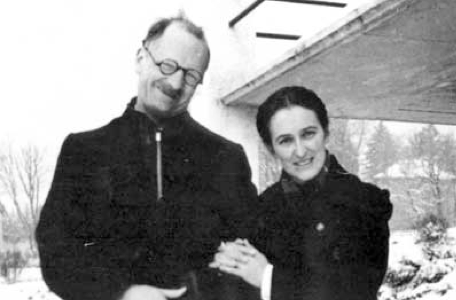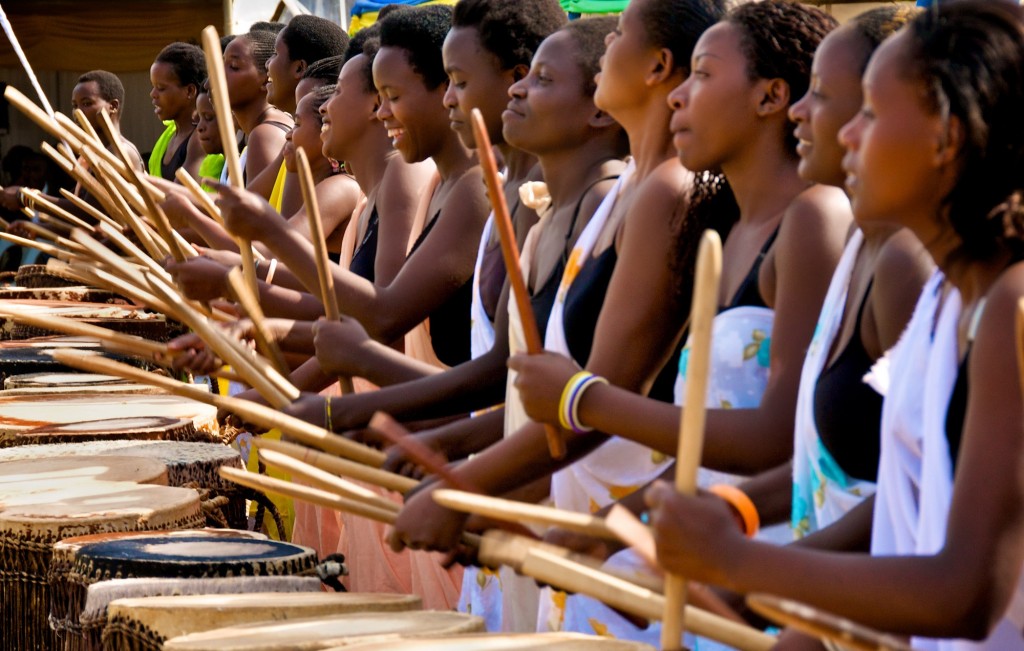Page 98 • (3,622 results in 0.029 seconds)
-
Culture of Respect Equal Educational Opportunity PLU’s Non-Discrimination Policy Family Educational Rights and Privacy Act (FERPA) Interplay between PLU’s Student Code of Conduct and the School of Nursing
-
requirements must be met. An H-1B Visa is valid for a three-year period and can be extended for an additional three years.Information for the EmployeeApplying for the H-1B Visa Applying for the H-1B Visa is a multi-step process, which must first be approved by the Department of Labor before the H-1B petition can be filed. Human Resources will keep you updated during the various stages of the process. If your dependent(s) also requires a visa, please be sure you inform Human Resources. Please remain patient
-
diverse areas of life. The major intersects with questions such as: How can humans gain knowledge about their world? What is the ethical treatment of research animals? When should a nation go to war and is it ever justified? Philosophers ask about the nature of the human person. Are there moral, aesthetic, and religious values that can be adopted rationally and used to guide our decisions? Philosophy majors have gone on to practice law, study science, or enter the world of business or
-
practices as they relate to health, human movement, physical activity, and performance. Identify and critically evaluate primary research and scholarly sources and demonstrate applications to real-world situations. Recognize multiple perspectives and demonstrate inclusive practices as they relate to real-world situations. Use writing, verbal expression and technology to communicate disciplinary knowledge and expertise such as: terminology, theories, principles, applications and practices. Evaluate human
-
history and tradition of Scandinavian explorers who have spanned the globe encountering new lands, boldly reaching inaccessible places and making countless contributions to human knowledge. Viking seafarers, for example, were in America 500 years before Christopher Columbus, a Norwegian was the first to travel to the South Pole and Heyerdahl was a pioneer of experimental archaeology in the world’s oceans. Admission to the exhibit is free and open to the public during SCC open hours (Tues/Wed 11am to
-

. “Dad responded, ’We don’t know what a Jew is. We only know human beings.’” After the war, Hewett came to the United States as an au pair and then graduated from Earlham College in Richmond, IN. She married an American, raised three children in Minneapolis, MN, and taught and tutored French for nearly 40 years. She currently is retired in St. Paul and is deeply involved in ensuring the integrity of the history of the Plateau Vivarais-Lignon during WWII. Read Previous Musical Memories Read Next
-

new program—and a new way to teach—that includes eight wide-ranging blended or hybrid courses this fall that combine in-class and self-directed online learning: • BUSA 302: Business Finance • BUSA 308: Principles of Marketing • COMA 360: Public Relations Writing • ECON 111: Principles of Microeconomics: Global and Environmental • ECON 322: Money and Banking • EDUC 394: Technology & Teaching • MUSI 120: Music and Culture • PHED 100: Personalized Fitness program In addition
-

“Kiki” Katest said, “People are not like roads and buildings. How do we rebuild a human being?” So in 2005, Katest founded Ingoma Nshya, the first and only female drum troupe in Rwanda—breaking the taboo against women drumming and bringing together women from both sides of the conflict. For Marta, a Hutu whose Tutsi husband was killed; Seraphine, who was 8 when she lost her whole family; Regine, whose parents were imprisoned as killers; and more than 50 other women aged 16-60, the troupe has been a
-

relationship between human communities and between people and the Earth. “As a black person, I have been living it my entire life,” Finney said. “Even though I’ve been fortunate enough to do work around these issues, I may leave my computer in my office at night, but I can’t take my skin off at night and put it away.” Finney is a professor in Environmental Science, Policy and Management at the College of Natural Resources at the University of California-Berkeley. Her book, Black Faces, White Spaces
-

worldviews at the regional, national, hemispheric and global levels. Most human diversity is found in indigenous contexts. One example: 5,000 of the world’s 6,000 languages are indigenous. The NAIS Program at PLU uses that diversity to structure curriculum and classroom learning practices. The idea is not to present indigenous peoples as museum-like objects, but to engage with them as living, vibrant communities. More info about NAIS This spring, she represented her tribe as part of a delegation that
Do you have any feedback for us? If so, feel free to use our Feedback Form.


